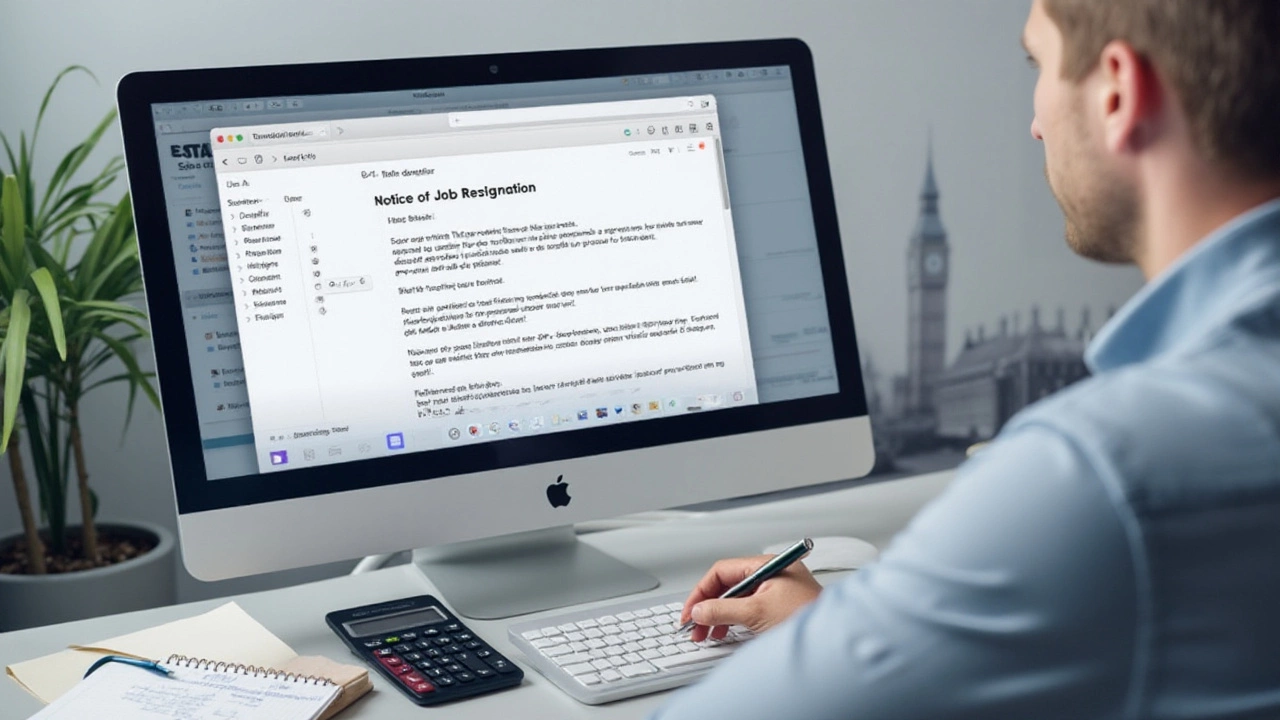Quitting Job? Smart Money Moves to Make Before You Walk Out
So you’re ready to hand in your notice. Before you grab that box of personal stuff, take a few minutes to check your wallet. Leaving a steady paycheck can feel scary, but a quick financial audit makes the jump a lot smoother.
Build a Realistic Emergency Fund
Most experts say you need three to six months of living expenses saved up. That number isn’t random – it covers rent, utilities, groceries and any loan payments you can’t pause. If you’re not sure how much you spend each month, pull out your bank statements from the last three months and add up the totals. Then, multiply that by the number of months you want as a cushion. Keep the cash in a high‑interest savings account so you can grab it fast without penalty.
Got a side gig or freelance work lined up? Reduce the emergency fund to the lower end of the range, but still keep at least a month’s worth of expenses in cash. It’s better to have a buffer than to rely on a promise that may slip.
Check Your Benefits and Debt Obligations
Leaving a job doesn’t mean you lose every perk. Review your contract for unused vacation days, sick leave or bonuses you’re owed. Some employers will pay out accrued holidays, which can boost your fund right before you leave.
Next, list any debts you have – credit cards, personal loans, student loans or a mortgage. If you have high‑interest credit‑card balances, consider paying them down now. The lower your debt, the less pressure you’ll feel while you’re in transition. For loans that let you defer payments, note the new due dates and any extra fees.
Don’t forget about health insurance. In the UK you’re covered by the NHS, but if you have private coverage, find out how long it lasts after you quit and when you need to arrange a new plan. A gap in coverage can lead to unexpected costs.
Finally, think about your retirement pot. If you’re under a workplace pension, you may have the option to transfer it to a personal pension. Check any fees involved, because moving money around can eat into your savings if you’re not careful.
Once you have your emergency fund, a clear debt picture and your benefits sorted, you’ll feel a lot less nervous about the unknown. Remember, walking away without a plan can cost you more in stress and money than staying a bit longer to get things straight.
Take these steps, and you’ll walk out of the office with confidence – and a wallet that’s ready for the next chapter.

Thinking about quitting your job but unsure how it affects your pension? This article explores essential considerations for managing your pension when changing employment. Discover what happens to different types of pensions and the steps to take to protect your retirement nest egg. Whether you're opting for a new job or taking a career break, understanding pension implications empowers you to make informed decisions.
Read More